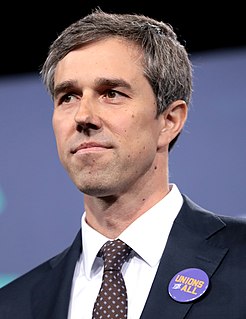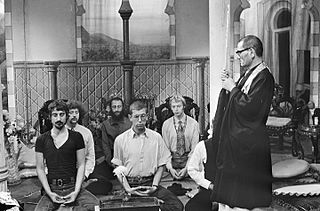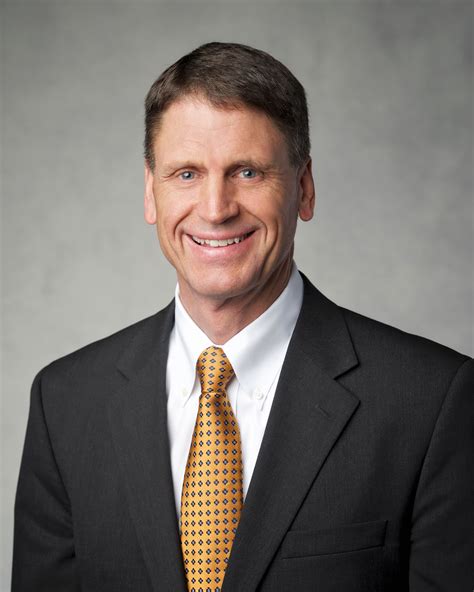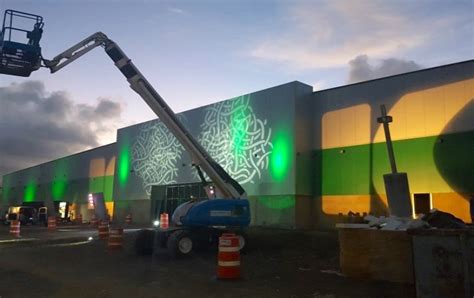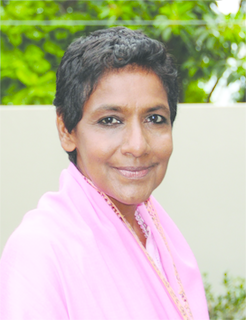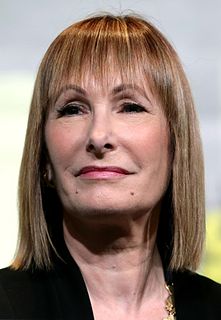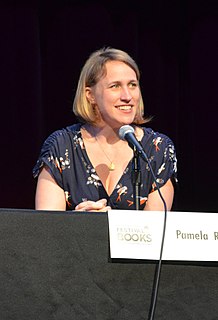A Quote by Myles Munroe
When we evaluate the rightness or wrongness of actions or behavior, we need to ask ourselves if that behavior will edify—build up—ourselves or someone else, or if it will tear down. The question is not what we can get away with, but what is healthy and edifying. When it is all said and done, are we edified spiritually? Have we been built up and strengthened in our relationship with the Lord or with our spouse, or have we been weakened? Do we come away encouraged or discouraged, confident or filled with a sense of guilt or shame? Is our conscience clean?
Quote Topics
Related Quotes
Behavior influences consciousness. Right behavior means right consciousness. Our attitude here and now influences the entire environment: our words, actions, ways of holding and moving ourselves, they all influence what happens around us and inside us. The actions of every instant, every day, must be right...Every gesture is important. How we eat, how we put on our clothes, how we wash ourselves, how we go to the toilet, how we put our things away, how we act with other people, family, wife, work - how we are: totally, in every single gesture.
In the chapter on study we considered the importance of observing ourselves to see how often our speech is a frantic attempt to explain and justify our actions. Having seen this in ourselves, let's experiment with doing deeds without any words of explanation whatever. We note our sense of fear that people will misunderstand why we have done what we have done. We seek to allow God to be our justifier.
Experience has taught me that if we, like President Monson, exercise our faith and look to God for help, we will not be overwhelmed with the burdens of life. We will not feel incapable of doing what we are called to do or need to do. We will be strengthened, and our lives will be filled with peace and joy.We will come to realize that most of what we worry about is not of eternal significance—and if it is, the Lord will help us. But we must have the faith to look up and the courage to follow His direction.
We leave something of ourselves behind when we leave a place. We stay there even though we go away and there are things in us we can find again only by going back there. We travel to ourselves when we go to a place. We have covered a stretch of our life no matter how brief it may have been but by traveling to ourselves we must confront our own loneliness. And isn’t it so that everything we do is done out of fear of our loneliness? Isn’t that why we renounce all the things we will regret at the end of our life?
When in the wondrous realms above Our Saviour had been called upon, To save our world of sin by love, He said, "Thy will, O Lord, be done.' The Kings of kings left worlds of light, Became the meek and lowly one; In brightest day or darkest night He said, "Thy will, O Lord, be done." No crown of thorns, no cruel cross Could make our great Redeemer shun. He counted his own will but loss, And said, "Thy will, O Lord, be done." We take the bread and cup this day, In memory of the Sinless One, And pray for strength, That we may say, As he, "Thy will, O Lord, be done."
When we give up dieting, we take back something we were often too young to know we had given away: our own voice. Our ability to make decisions about what to eat and when. Our belief in ourselves. Our right to decide what goes into our mouths. Unlike the diets that appear monthly in magazines or the thermal pants that sweat off pounds, unlike a lover or a friend or a car, your body is reliable. It doesn't go away, get lost, stolen. If you will listen, it will speak.
I beg Our Lord, Monsieur, that we may be able to die to ourselves in order to rise with Him, that he may be the joy of your heart, the end and soul of your actions, and your glory in heaven. This will come to pass if, from now on, we humble ourselves as He humbled Himself, if we renounce our own satisfaction to follow Him by carrying our little crosses, and if we give our lives willingly, as He gave His, for our neighbor whom He loves so much and whom He wants us to love as ourselves.
We're in essence allowing our spirit to come to terms with all the conflicts that we build within ourselves. Disease is after all a conflict within the tissue itself. Memory fading within the tissue, conflict of our actions or thoughts, our lives are not seamlessly running together in some way for ourselves, and had not been for a long time before we get to the critical point of a disease.
We're told, often enough, that as a species we are poised on the edge of the abyss. It's possible that our puffed-up, prideful intelligence has outstripped our instinct for survival and the road back to safety has already been washed away. In which case there's nothing much to be done. If there is something to be done, then one thing is for sure: those who created the problem will not be the ones who come up with a solution.
Prayer can truly change your life. For it turns your attention away from yourself and directs your mind and your heart toward the Lord. If we look only at ourselves, with our own limitations and sins, we quickly give way to sadness and discouragement. But if we keep our eyes fixed on the Lord, then our hearts are filled with hope, our minds are washed n the light of truth, and we come to know the fullness of the Gospel with all is promise and life.
Our being edified at conference depends on us. It becomes necessary that we prepare our hearts to receive and profit by the suggestions that may be made by the speakers during the progress of the conference, which may be prompted by the Spirit of the Lord. I have thought, and still think, that our being edified does not so much depend upon the speaker as upon ourselves.

